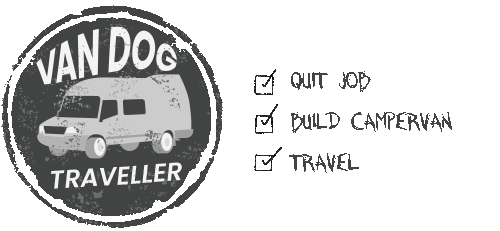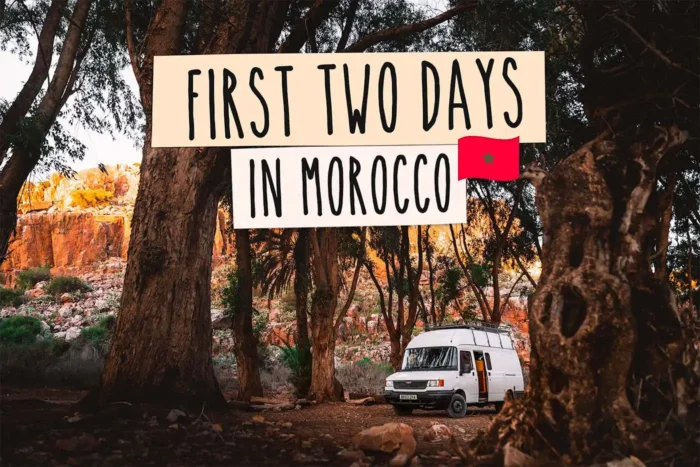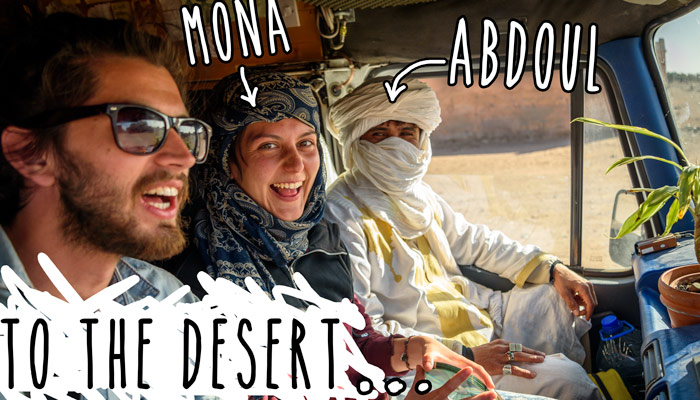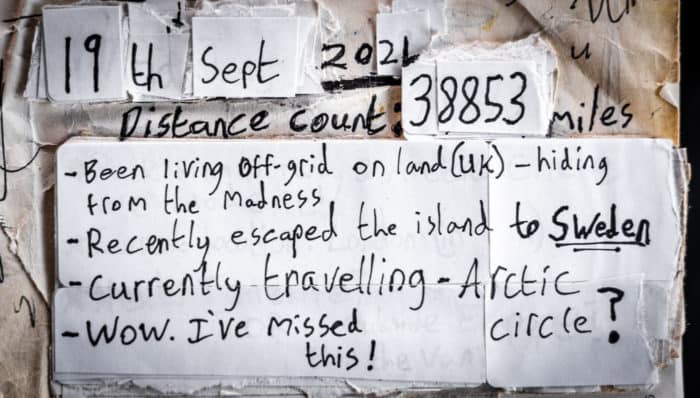Buying things in the souks (a souk is an Arabic market) of Morocco can be hard work, confusing and sometimes just annoying if you’re a tourist. If you ask the price of something, you enter a 2 way discussion and are usually expected to buy at the end of it – especially if you accepted the tea.
Here are 12 things I learnt about buying stuff in Morocco’s souks. If you’re going to Morocco for the first time this might help you:

1.There’s a lot of really nice stuff
The amount of nice stuff is totally overwhelming: wool carpets, kilims, weavings, woodwork, jewlery, copperwork, musical instruments, leather, minerals and crystals and it’s all repeated in every colour. Most of this stuff I’ve never seen before.
2. The price starts high
You’re expected to discuss the price and the stall owner accounts for this in his initial price. They play this game well. Most of the time I found that you can buy things for, on average, about the third to half of the first price they tell you – and the shop will be making good money. But sometimes they might go down to a fifth or even a tenth of the original price!
3. If you ask a price for something it means you want to buy it
You have to be careful when you’re just asking the price of something with no intention of buying it. If you are just interested in the price, you should make it clear first that you don’t want to buy it.
4. The market sellers are very observant
They will hear things you say in the street and they will watch to see what things you are looking at on the market stall. After a few minutes they’ll know what you want and show you every different variation and colour of that thing. What’s more impressive is that they’ll remember you’re face for days or even weeks.
5. They’ll rarely leave you to ‘just browse’
Many stall and shop owners will pounce as soon as they see you looking at their stuff or coming into their shop. I guess they do what works best for them and constantly chatting at people must help them sell more, but it just makes me want to leave.
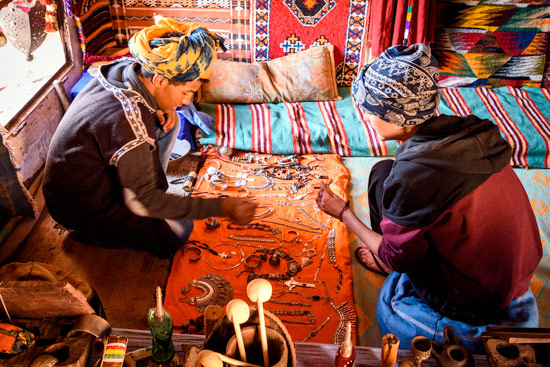
6. Don’t give in to the pressure
Moroccans are good at selling stuff. The market sellers are persuasive and charming. But don’t buy anything out of pressure. If you need time to think just step away or come back later. There is time and it’s never the ‘last one’
7. You can often see the thing being made
A lot of things are made just around the corner from where they are sold. You’ll probably see glimpses of the workshops as you walk around.

8. They are incredibly helpful
Stall owners really don’t mind spending the time to help you get exactly what you want. They will go out of their way to help you – or to sell to you. If you can’t find what you want they’ll point you in the right direction.
9. You’ll never pay the local price
As a tourist you’ll never get something for the same price as the locals get it no matter how much you bargain. But that’s alright, it’s still a bargain to most Europeans and way cheaper than in Europe.
10. The main shopping cities are Fez and Marrakech
Fez and Marrakech are the biggest cities and both sell pretty much everything, although different places might be better for different things:
- Tifnit for silver
- Fez for gold jewelry
- Safi for pottery
- Azrou (see post: Finding wild Monkeys in Azrou) for berber rugs
- Essaouria (see post: Exploring Essaouria) for Argan oil and Thuja woodwork
- Midelt for crystals and minerals
11. How to buy stuff in the souks in 3 steps
- Ask yourself what you’d pay for the item before asking about the price.
- Say that you really like the thing but you can only pay this much. You wont offend them (even if they act it) – they love it – as long as you smile and are friendly.
- Most of the time they will quickly knock a huge amount off the original price. If they can’t do it for the price you had in mind then kindly walk away and say no problem – there will probably be another chance to buy a similar thing just round the corner.
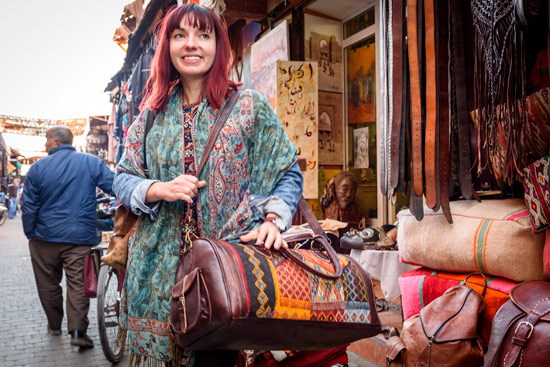
12. The lowest price
I accidentally found that if you don’t do any bargaining at all you can get a really low price. If you show slight interest in something and then walk away the seller will usually shout the very lowest price at you as you leave. I got a hat for 1euro (originally 10 euros). I really didn’t want it.
Share your stories, tips, questions and experiences in the comments 🙂
